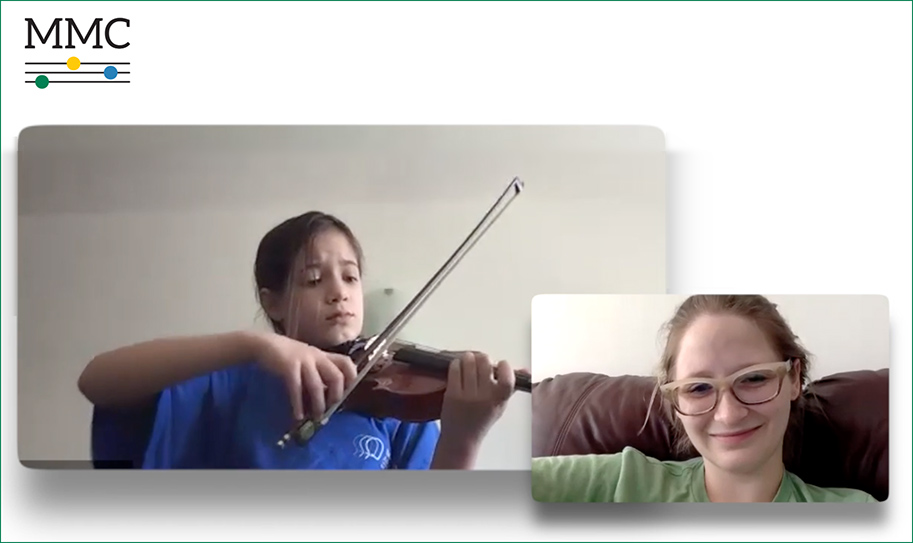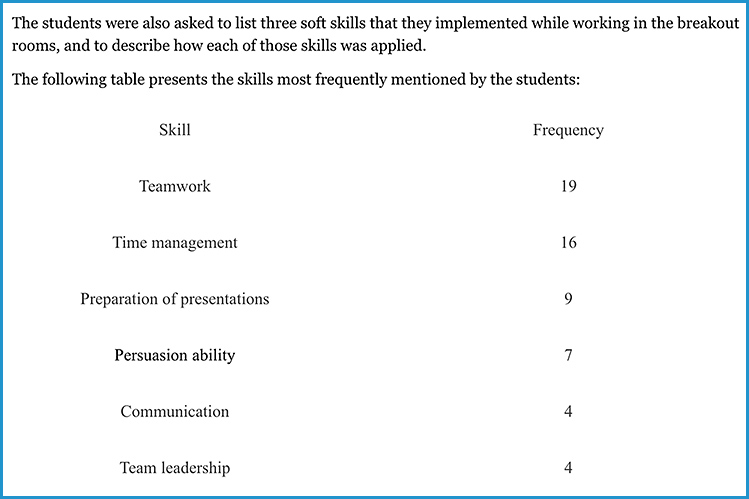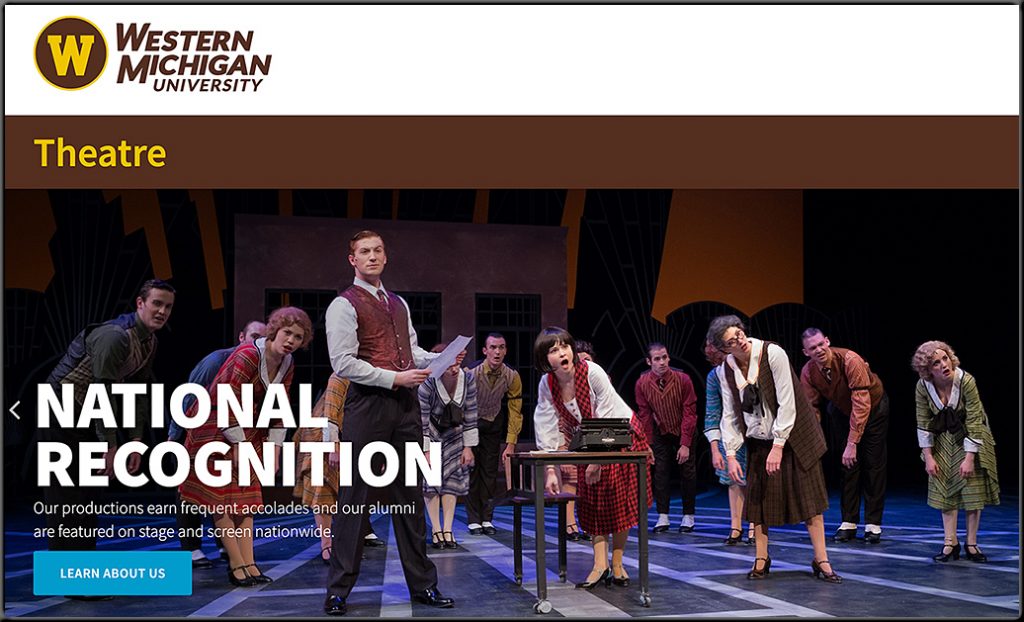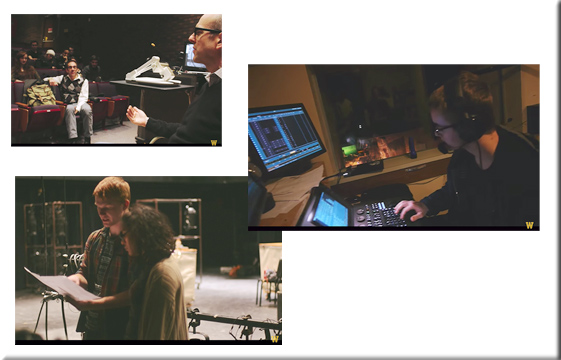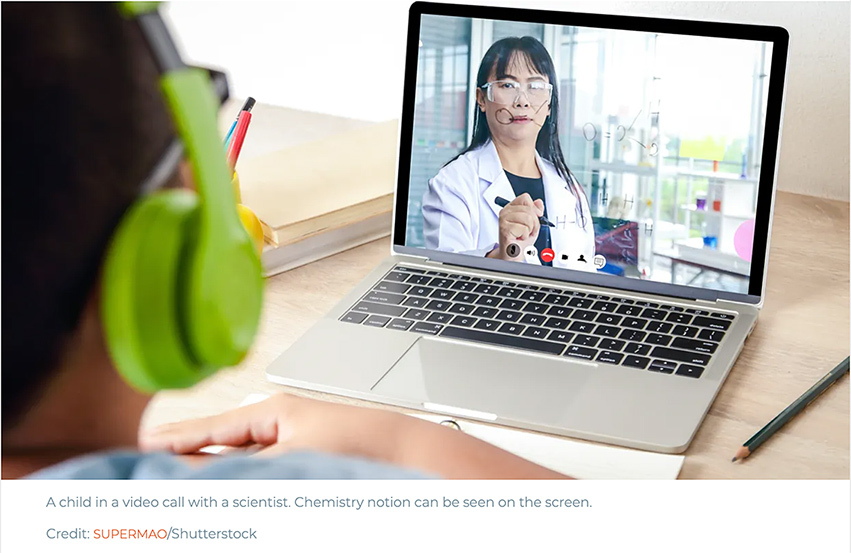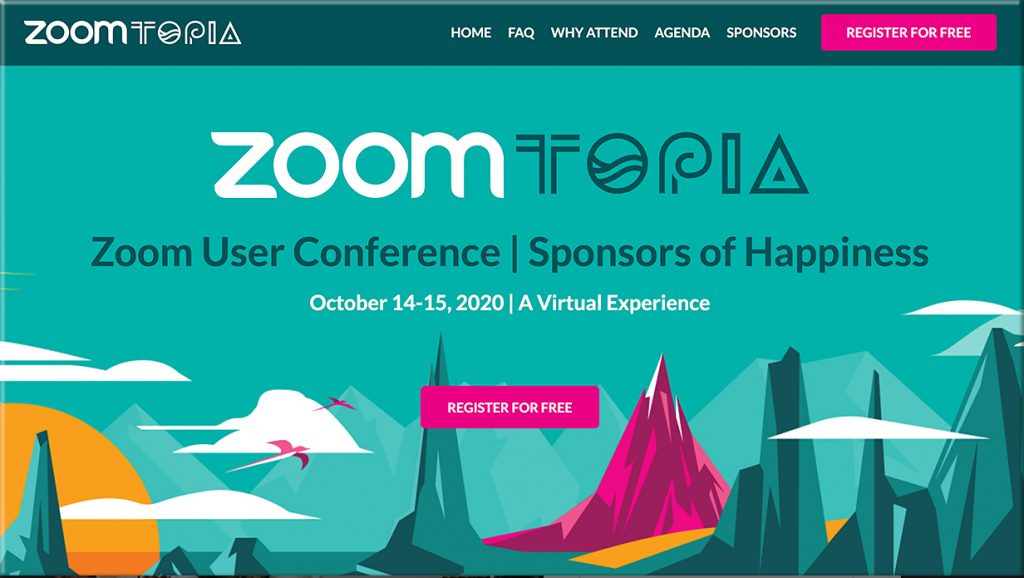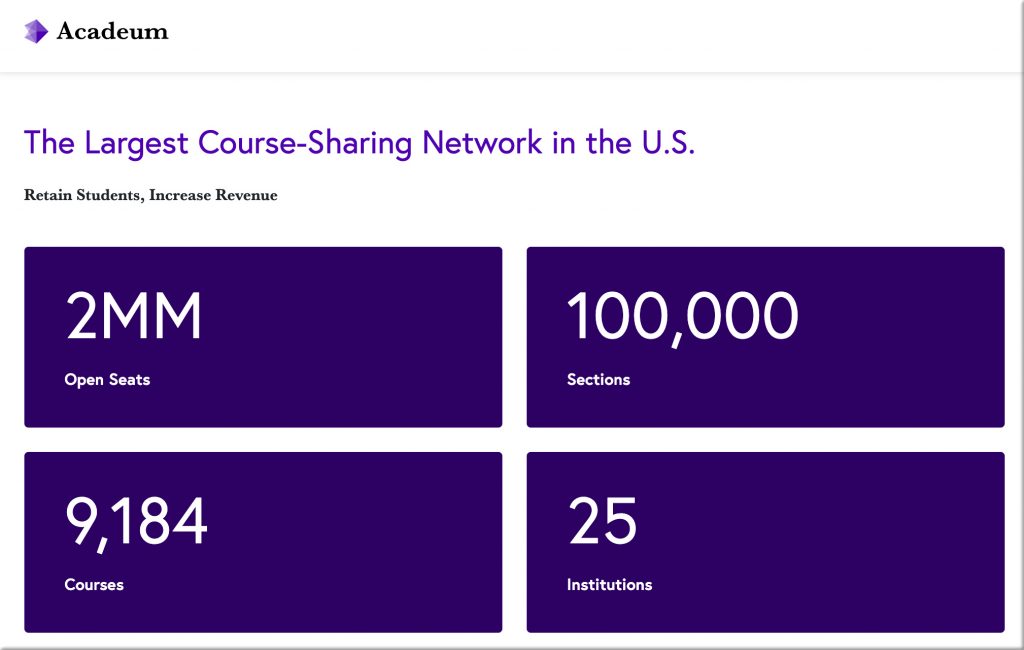
Digital transformation: 5 ways to balance creativity and productivity — from enterprisersproject.com by Andrew Parker
Creativity and productivity shouldn’t be opposing forces in your digital transformation efforts. Consider these tips to tap the power of both
Excerpt:
Creativity and productivity might sound like they’re poles apart: One is about thinking in new ways; the other is about making things happen.
But in successful digital transformation programs, the two go hand in hand – a perfect marriage of creative thinking that takes the latest technology innovations into account and productive action that brings those new ideas to life.
Today, creativity is more important than ever. As a result of the pandemic, organizations have been forced to think differently and to adapt quickly in order to stay relevant and survive. It’s a case of do or die.
In the wake of the pandemic, creativity is more important than ever.
From DSC:
Another important element here is developing/establishing a culture that is willing to innovate, adapt, experiment, and change. That is SO key in this type of transformation.
It’s clear to me that our people, and their willingness to be agile, innovate, test, and learn, were one of the “secrets” behind those successes. (source)
Also see:
- Remote work: How the pandemic is reshaping the office of the future — from enterprisersproject.com by Raju Vegesna
Having shifted to remote work, more businesses are considering a future with lower-cost office models that give employees choice in how and where they work. Good news: It’s a win-win.
By decentralizing the workforce, companies can attract talent anywhere in the world.
From DSC:
This means that our students must be able to collaborate and to create their deliverables — digitally/virtually/online.
OPM Market Landscape and Dynamics: Fall 2020 updates — from philonedtech.com by Phil Hill; with thanks to Edsurge.com for this resource
Excerpt:
There has been growing interest in the Online Program Management (OPM) market, as more schools try to develop a strategy and revenue model for online programs (particularly for master’s level). In addition, there has been a broad question to what degree schools would turn to OPM partners to help out with the Covid-driven move to online education in 2020 and beyond. We’re in the middle of the chaotic period of the pandemic, so there are no clear answers yet, but the consistent message is that OPM vendors are seeing a marked increase in interest from colleges and universities this year.
The Advantages of Teaching Soft Skills to CS Undergrads Online — from cacm.acm.org by Orit Hazzan; with thanks to Sarah Huibregtse for posting this out on LinkedIn.
Excerpt:
At first, I wondered whether teaching soft skills online is even possible since, unlike theoretical courses, I assumed that close face-to-face (F2F) interaction is required in order to practice such skills. Eventually, I realized that teaching this course online has, in fact, some advantages, that this teaching format opens up new opportunities, and that this medium can even foster several soft skills that I had not previously considered teaching in the F2F format. This blog demonstrates these advantages by focusing on the use of the breakout rooms option available in Zoom, which I used extensively in the course.
If your collaboration tool allows it, try this “Virtual ‘4 Corners’ Activity” [Honeycutt & Robinson]
From Honeycutt & Robinson:
Dr. Sheila Robinson shares how she uses the "4 Corners" activity in a virtual environment to break up long lectures & increase student engagement. https://t.co/MaLqEYybj0— Daniel Christian (@dchristian5) October 6, 2020
Per Dr. Honeycutt, also see:
Civil Justice for All — from amacad.org
Excerpts:
This report calls for the legal profession, the courts, law schools, tech professionals, and partners from many other fields and disciplines to coordinate their efforts to provide necessary legal assistance to many more people in need. Past efforts to improve access to justice offer strong evidence that such an effort would have a profound effect on American society—measured in financial savings, greater trust in law and social institutions, and the safety and security of families and communities.
THE PROJECT’S SEVEN RECOMMENDATIONS ARE:
First, and above all, dedicate a consequential infusion of financial and human resources to closing the civil justice gap, and seek a significant shift in mindset—extending beyond lawyers the duty and capacity to assist those with legal need—to make genuine strides toward “justice for all”;
Second, increase the number of legal services lawyers who focus on the needs of low-income Americans;
Third, increase the number of lawyers providing pro bono and other volunteer assistance, to supplement the corps of legal services lawyers;
Fourth, bring many new advocates—service providers who are not lawyers—into the effort to solve civil justice problems;
Fifth, foster greater collaboration among legal services providers and other trusted professionals—such as doctors, nurses, and social workers;
Sixth, expand efforts to make legal systems easier to understand and use through the simplification of language, forms, and procedures and the wider use of technology; and
Seventh, create a national team, or even a new national organization, to coordinate the efforts listed above, collect much-needed data on the state of civil justice, and help identify and publicize effective innovations that improve access.
Staff get little to no say in campus governance. That must change. — from chronicle.com by Lee Skallerup Bessette
As professors and administrators debate how to reimagine academe after Covid-19, that reform must include a greater voice for staff members.
Excerpts:
Why, then, in all of this recent (and needed) hand-wringing and speculating about the future of the university, post-pandemic, have we not heard many (if any) staff voices? Or for that matter, any calls for our voices to be included in any planning and restructuring?
…
Faculty members are the experts in their disciplines, but they do not have a monopoly of knowledge around pedagogy, programming, student success, inclusivity, equity, accessibility, among other things. We shouldn’t expect already overtaxed faculty members to be experts in everything and anything. In fact, the intense pressure that many of them are feeling lately is largely because of structures and traditions that discourage professors from collaborating with staff members who are experts in those areas.
…
With college campuses selling themselves as an entire “experience,” not just a set of courses, it’s high time for those of us responsible for that campus experience to be included in the larger conversation.
Quick survey: What is the one tech (product, platform, etc.) that has been essential to you in working from home?
— Bob Ambrogi (@bobambrogi) September 23, 2020









